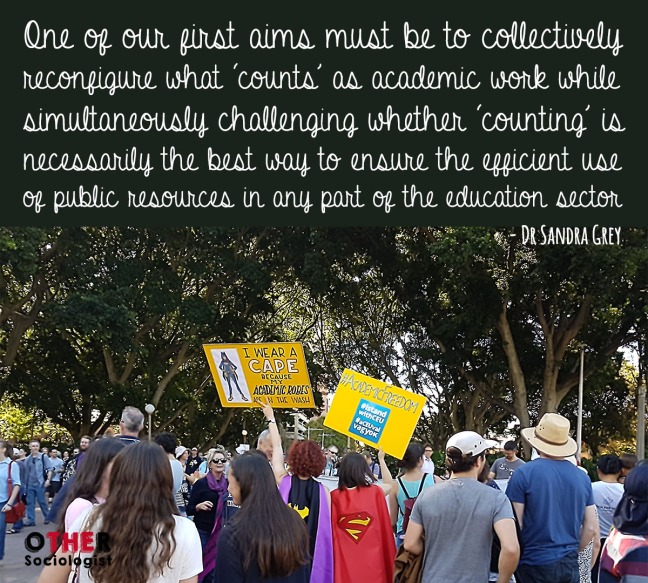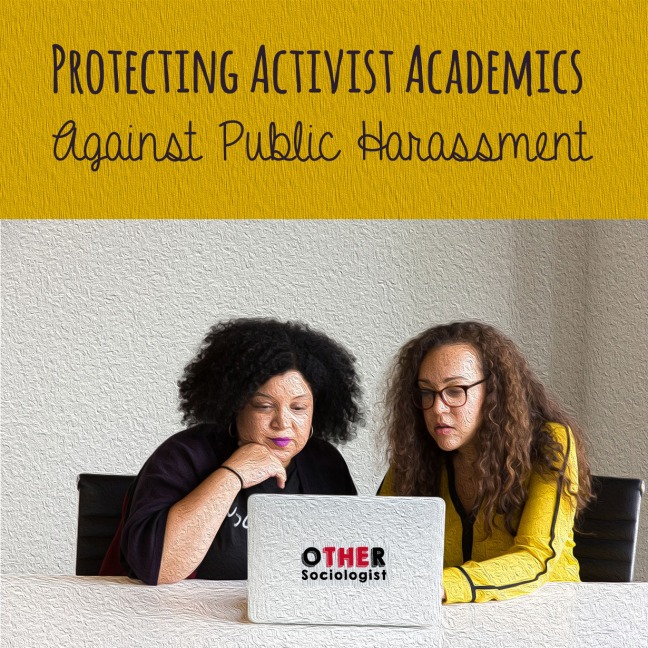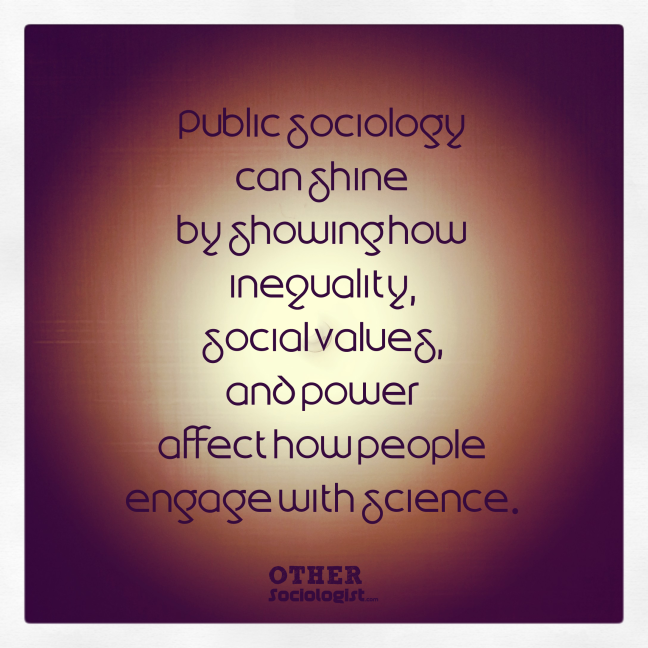There have been an increased number of public attacks on underrepresented academics for their education and activism on social media. The term “activist academic” describes the longstanding tradition across nations where intellectuals engage in conscious protest in support of social justice and dissent against the status quo. Activism by academics asserts that the university has a social function beyond the provision of education and scholarly critique. Activist academics see that their role serves a social purpose to provide independent social criticism through volunteering, program interventions, public engagement outside academia, protests, and beyond. In some circles, the profile of activist academics has declined, particularly amongst White academics from majority groups. This led to the misperception that recent international protests by scientists were novel. This is misguided, as minority academics are often inextricably activist in their pedagogy, not-for-profit service work, and activities.
Sociology is centrally concerned with activism, especially in applied contexts. Our social justice focus is misconceived as bias or as an attack to those not used to having history, culture and politics viewed through a critical lens. Sociology is centrally concerned with social transformation. We do not merely observe the world; we aim to challenge existing power structures and to reduce inequity. Having said that, women academics in general are penalised for their work, and the outcomes are even worse for minority sociologists as they seek senior roles. The stakes for minority activist academics is therefore higher, as I will show below.

Continue reading Protecting Activist Academics Against Public Harassment


